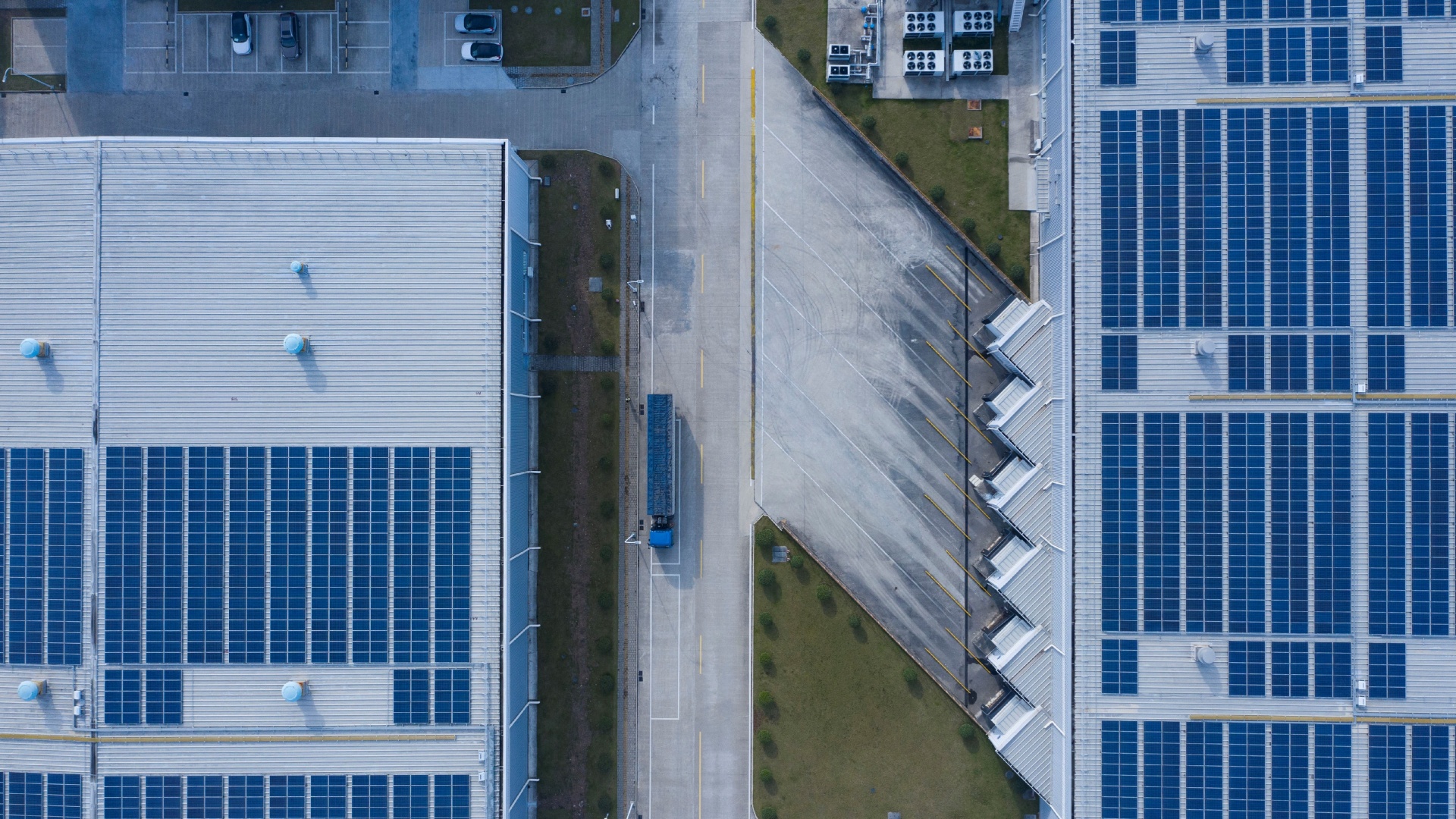- Volvo has completed a switch to biogas at its Taizhou manufacturing plant in China.
- The plant’s switch from natural gas will result in a reduction of more than 7 000 tonnes of CO2 per year.
- It is part of the Swedish car maker’s aim to reach net zero greenhouse gas emissions by 2040.
Along with electrification, sustainability is an element that many car makers are prioritising, with benchmarks having been laid out for 2030, 2040, and beyond. In its effort to achieve similar objectives, Volvo has announced that its Taizhou manufacturing plant in China (seen above) has reached climate-neutral status.
The plant did so after recently completing a switch to biogas instead of natural gas, which is expected to assist in a reduction of more than 7 000 tonnes of CO2 being produced by the facility.
While a significant step, Volvo is quick to acknowledge that there is still plenty of work to be done in terms of its wider carbon emissions targets.
“Despite being a small share of our total Scope 1-3 emissions of 43 million tons, securing climate-neutral energy for our Taizhou plant is an important step towards our goal of having climate-neutral manufacturing operations by 2025 and reducing emissions across our global operations. This ambition is also part of our broader aim to reach net zero greenhouse gas emissions by 2040,” it explained in a release shared with Hypertext.
“Just like all our manufacturing plants worldwide, the Taizhou plant already used climate-neutral electricity, and this latest move makes sure that it also has climate-neutral heating. It’s our second car plant globally to become climate-neutral after our Torslandafacility in Gothenburg, Sweden,” it added.
Unpacking some of the other energy numbers associated with the facility, Volvo says its Taizhou plant’s energy supply comprises of electricity and heating.
To that end it produces around 40 percent of its electricity requirement from on-site solar panels, which is a figure it is looking to increase over the coming years. The remaining 60 percent, which comes from the grid, is also said to climate-neutral electricity from other solar providers. As for the heating need, the latest switch to climate-neutral biogas helps meet that requirement.
“Since the release of our company’s first sustainability strategy in 2019, we have made good progress towards our climate action targets. On top of reducing CO2 emissions from our total operations by using 74 per cent climate-neutral energy, we are also progressing well towards our overall CO2 targets,” it concluded.
It will be interesting to see how important a factor sustainability will prove in the purchasing decisions of drivers moving forward, especially as some are becoming more cognisant of this factor when it comes to the products and technology they use. That said, the motoring industry is a very different beast.
[Image – Provided]

